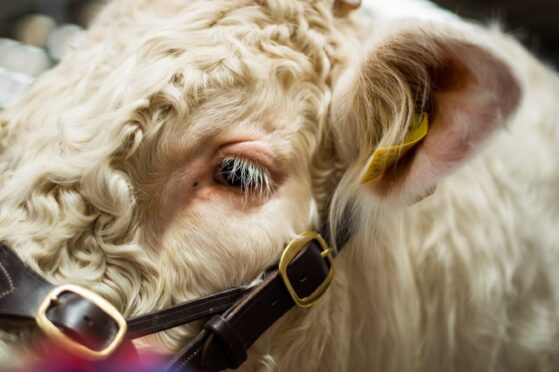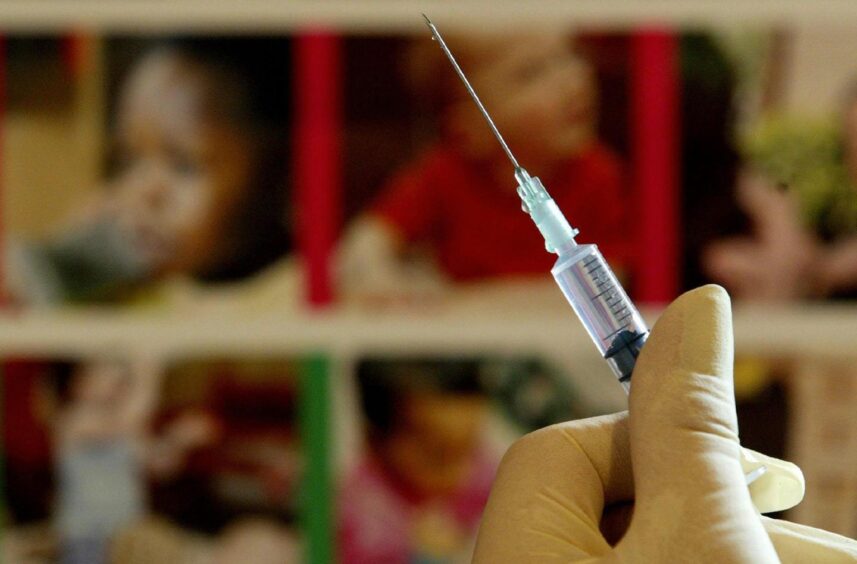Around a third of veterinary medicines currently used in Northern Ireland could be discontinued as a result of the Windsor Framework relating to goods crossing the Irish Sea.
Farmers in Northern Ireland have raised concerns about the production and supply of veterinary medicines which are not part of the revised Brexit deal.
New EU rules will come into play once the grace period ends at the end of 2025, unless an alternative solution is reached.
The House of Lords Windsor Framework sub-committee is conducting a new inquiry into the supply of medicines and emphasises the need for a ‘swift solution’ between the UK and EU.
A letter written to Northern Ireland minister Steve Baker calls for urgent action and has outlined the impact it could have on the country’s agricultural industry and further afield.
Dr Mark Little highlighted that 25,000 cattle are vaccinated against botulism every year in Northern Ireland as it is more of an issue than anywhere else in Europe.
He said: “The disease is a particular problem due to the farming model in Northern Ireland where we have a high density of the poultry industry and a
lot of family farms have a poultry house and grazing stock.
“Many farmers in Northern Ireland spread poultry litter on grazing ground which then comes into contact with cattle, whereas in the EU, the litter tends to be spread on arable
ground.”
He suggested there would be a need for an exemption or easement.
Dr Simon Doherty, senior lecturer at Queen’s University in Belfast noted that pedigree breeding bulls are often taken to premier sales in Carlisle and Stirling.
He said if farmers cannot access key medicines such as the leptospirosis vaccines or the IBR vaccine, Northern Irish breeding bulls “will not be welcome”.
Lord Jay of Ewelme, chair of the Windsor Framework sub-committee said: “This is an issue of vital importance which affects everyone, regardless of political hue.
“The government has spoken of the need to make ‘rapid progress’ and we are stressing the need for a positive and swift outcome within what is a tight timescale complicated by upcoming elections in the EU and UK.”
Dr Joshua Wells said: “Given that the UK is often described as a nation of animal lovers, one can only expect the pressure on the government to address this issue to grow as the December 2025 deadline approaches.”

